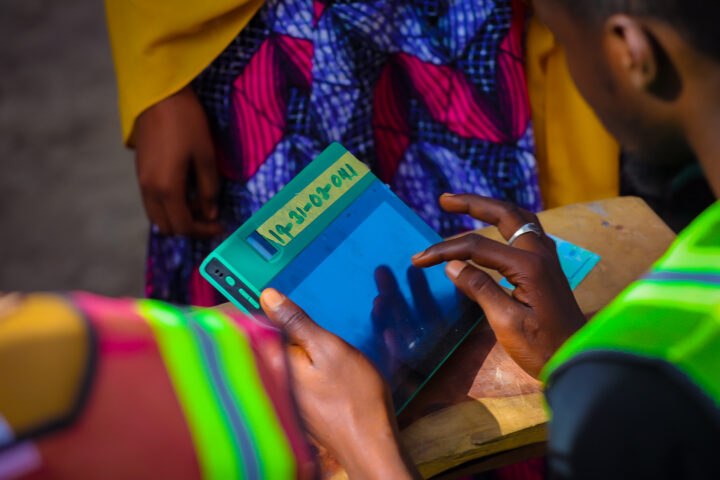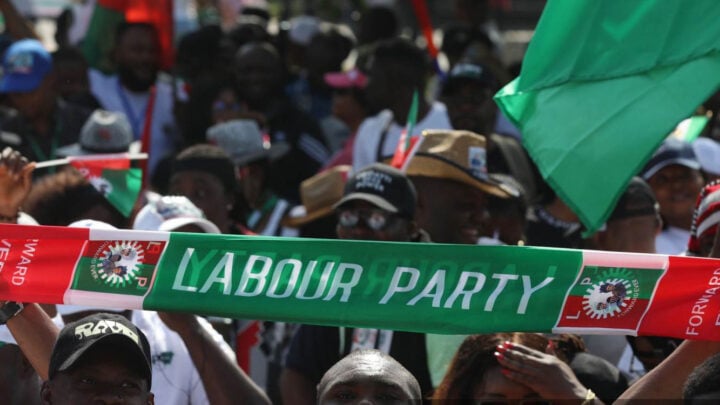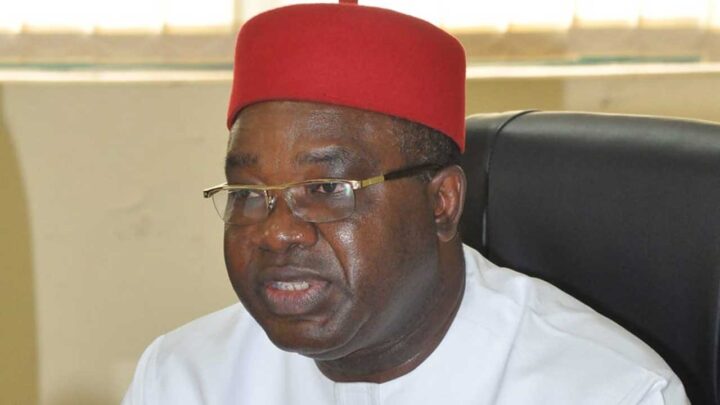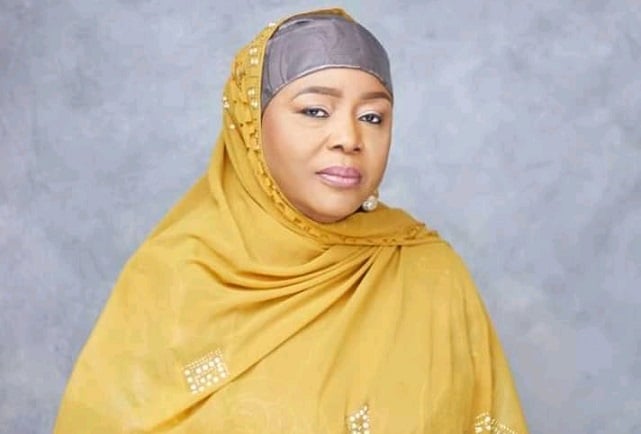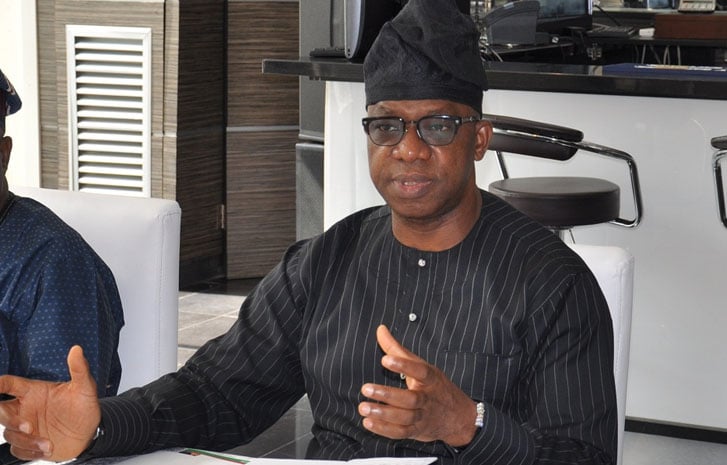Uba Sani
Uba Sani, governor of Kaduna state, says about 70 percent of northerners residing in rural areas are excluded from the national social register.
TheCable had reported that the National Economic Council (NEC), comprising the 36 state governors and led by Vice-President Kashim Shettima, had resolved to discard the register for “lacking credibility”.
The register, comprising names of vulnerable people and households across the country, was created for the purpose of cash transfers and other social investment programmes.
Speaking in an interview on Arise Television, the Kaduna governor said the register needs to be updated, noting that he did not describe the existing register as a scam.
Advertisement
“In my opinion, what we actually said was that the social register needs to be updated. As you are aware, most of those names were put together as far back as 2019 in some cases,” Sani said.
“You will agree with me that the list needs to be updated because looking at the situation, let me give you an example of Kaduna state.
“There are some local governments that were not captured because of the problem of insecurity at that critical time.
Advertisement
“I believe really and truly, that is why some people question the credibility of the social register. But, the fact that we are calling for the register to be updated does not mean we are saying completely that the register was a scam.
“I believe some names there were captured properly. But, in life, nothing is constant. You have to continue to update the register.
“The statistics at the moment that has been provided by the NDIC and even central bank, you will agree with me that about 70 percent of the rural population in northern Nigeria, especially the north-west part, are completely financially excluded and unbanked.
“So, if you want to transfer money to 8 million Nigerians for instance and you are telling me that you want the vulnerable people to benefit from the transfers, I will disagree with you completely.”
Advertisement
Sani urged that bank accounts should be opened for vulnerable citizens to ease the process of sending money to them.
“I will urge that we need to try as much as possible to open accounts for those that are vulnerable so that at least, whenever we are transferring money, the money would go to the right people,” he said.
“But, at this critical time, the problem is that I do not think even the people we are going to transfer the monies to will even access the money.”
Advertisement
Add a comment

